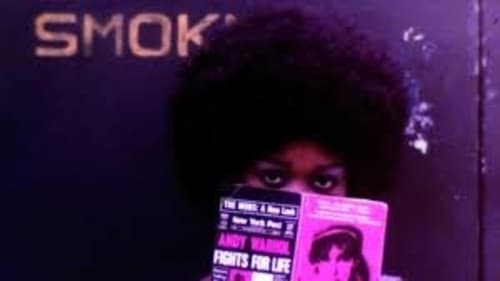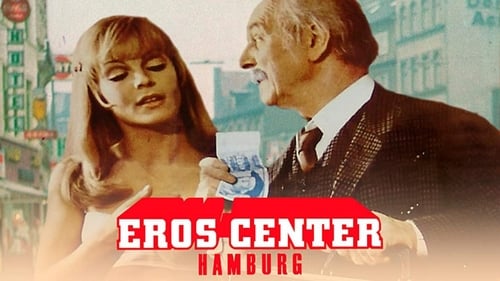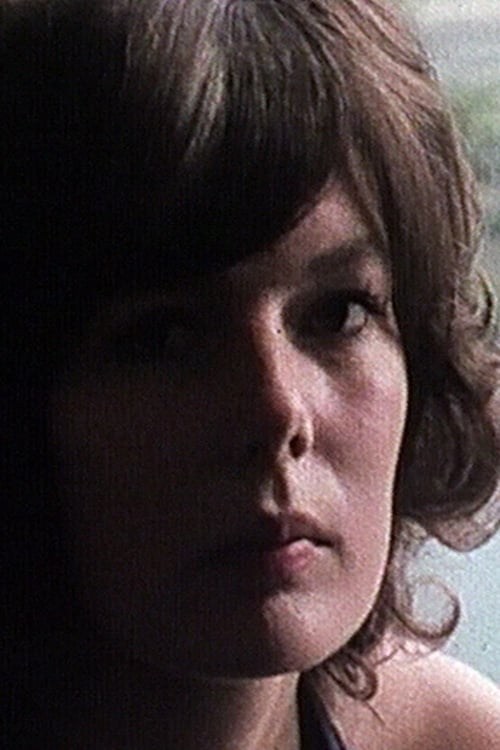Ingemo Engström
Birth : 1941-10-15, Jakobstad, Finland
History
Ingemo Engström is a Finnish writer, director and producer. She studied psychology, medicine and literature in Helsinki, Hamburg and Munich and wrote a study about the use of imagery in the writings of Ingeborg Bachmann. From 1967 to 1970 she studied at the Academy of Film and Television (HFF) in Munich.

Director
About Austrian-British psychoanalyst Melanie Klein, whose pioneering achievements mainly in the field of child psychology (The Psychoanalysis of the Child) and object relations theory. The action takes place in London in 1934, which sees twenty-five-year-old Melanie Klein mourning the death of her son Hans, who came to life in a mining accident. Your daughter Melitta interprets the incident as suicide and your mother as a culprit.

Writer
Like the wife of King Arthur in the legend, the main character in Ginevra, actress Cecilia Linné, is a figure of inspiration torn between two worlds and two men. She gives up her “contract” with society and its entanglement of love, work and money.

Director
Like the wife of King Arthur in the legend, the main character in Ginevra, actress Cecilia Linné, is a figure of inspiration torn between two worlds and two men. She gives up her “contract” with society and its entanglement of love, work and money.

Producer
Johanna (Katharina Thalbach) has fled Nazi Germany to visit a friend in Finland, and from there she continues on to her friend's family's estate. Once at the estate, Johanna passionately argues with her friend's pro-Nazi brother and at the same time, falls for the second, good-looking brother who shares her own anti-fascist feelings. The two are soon engaged in an active sexual relationship that continues as they travel north to an Arctic port.

Writer
Johanna (Katharina Thalbach) has fled Nazi Germany to visit a friend in Finland, and from there she continues on to her friend's family's estate. Once at the estate, Johanna passionately argues with her friend's pro-Nazi brother and at the same time, falls for the second, good-looking brother who shares her own anti-fascist feelings. The two are soon engaged in an active sexual relationship that continues as they travel north to an Arctic port.

Director
Johanna (Katharina Thalbach) has fled Nazi Germany to visit a friend in Finland, and from there she continues on to her friend's family's estate. Once at the estate, Johanna passionately argues with her friend's pro-Nazi brother and at the same time, falls for the second, good-looking brother who shares her own anti-fascist feelings. The two are soon engaged in an active sexual relationship that continues as they travel north to an Arctic port.

Writer
Depicts a murky masochistic relationship.

Director
Depicts a murky masochistic relationship.

A film about the time of the blast furnances - 1917 - 1933 - about the development of an industry, about a perfect machinery which had to run itself to the point of its own destruction.

Director
Documentary in two parts that blends dramatized reconstructions, personal reminisces and newsreel footage to tell the story of the flight of German refugees through occupied France to Marseilles in 1940. In 1977 Ingemo Engström and Gerhard Theuring embark on a journey through France. They trace the escape route of the German emigration in France 1940/41, documenting the places, talking to witnesses, relating the temporal layers. The film Escape Route to Marseilles that was the result of this journey, carries the subtitle “Images from a working journal (1977) on the novel Transit (1941) by Anna Seghers”.

Interdisciplinary studies put into practice is a plane on which HaF's interests and mine coincide. Ideas of fictional research projects in films emerge very early on, or of film as research device, allowing people from different disciplines to come together and discover something, to pursue a line of thought, or just be adventurous. These ideas correspond to a tendency we both have of accumulating knowledge from different sciences, for example so as to bring exact sciences like medicine together with subjects which aren't directly aimed at application, such as religious studies or anthropology.

Director
Interdisciplinary studies put into practice is a plane on which HaF's interests and mine coincide. Ideas of fictional research projects in films emerge very early on, or of film as research device, allowing people from different disciplines to come together and discover something, to pursue a line of thought, or just be adventurous. These ideas correspond to a tendency we both have of accumulating knowledge from different sciences, for example so as to bring exact sciences like medicine together with subjects which aren't directly aimed at application, such as religious studies or anthropology.

Screenplay
A West Berlin doctor, married with a two-year-old child, leaves her husband to go to Munich to work in the birth clinic of a hospital. Her husband doesn’t know that she’s pregnant with their second child. Will she have to choose between motherhood and her career?

Director
A West Berlin doctor, married with a two-year-old child, leaves her husband to go to Munich to work in the birth clinic of a hospital. Her husband doesn’t know that she’s pregnant with their second child. Will she have to choose between motherhood and her career?

Leave Me Alone is a film about America, as it appears in music about America and in pictures from America.

Writer
Ingemo Engström’s graduation film DARK SPRING was made at the Hochschule für Fernsehen und Film in Munich, where she began studying in 1967. After the premiere at a festival in Mannheim, Uwe Nettelbeck wrote in "Filmkritik": "Films like DARK SPRING […] do not translate into the language of those who immediately think they know what such films are about […] But more, DARK SPRING is the film of a woman and a women’s film in which women say something, namely: how they see things."

Ingemo Engström’s graduation film DARK SPRING was made at the Hochschule für Fernsehen und Film in Munich, where she began studying in 1967. After the premiere at a festival in Mannheim, Uwe Nettelbeck wrote in "Filmkritik": "Films like DARK SPRING […] do not translate into the language of those who immediately think they know what such films are about […] But more, DARK SPRING is the film of a woman and a women’s film in which women say something, namely: how they see things."

Director
Ingemo Engström’s graduation film DARK SPRING was made at the Hochschule für Fernsehen und Film in Munich, where she began studying in 1967. After the premiere at a festival in Mannheim, Uwe Nettelbeck wrote in "Filmkritik": "Films like DARK SPRING […] do not translate into the language of those who immediately think they know what such films are about […] But more, DARK SPRING is the film of a woman and a women’s film in which women say something, namely: how they see things."

Violin-Moni
A journalist collects information about prostitution. He stumbles upon an underground organization called Eden Boys and a serial killer.




